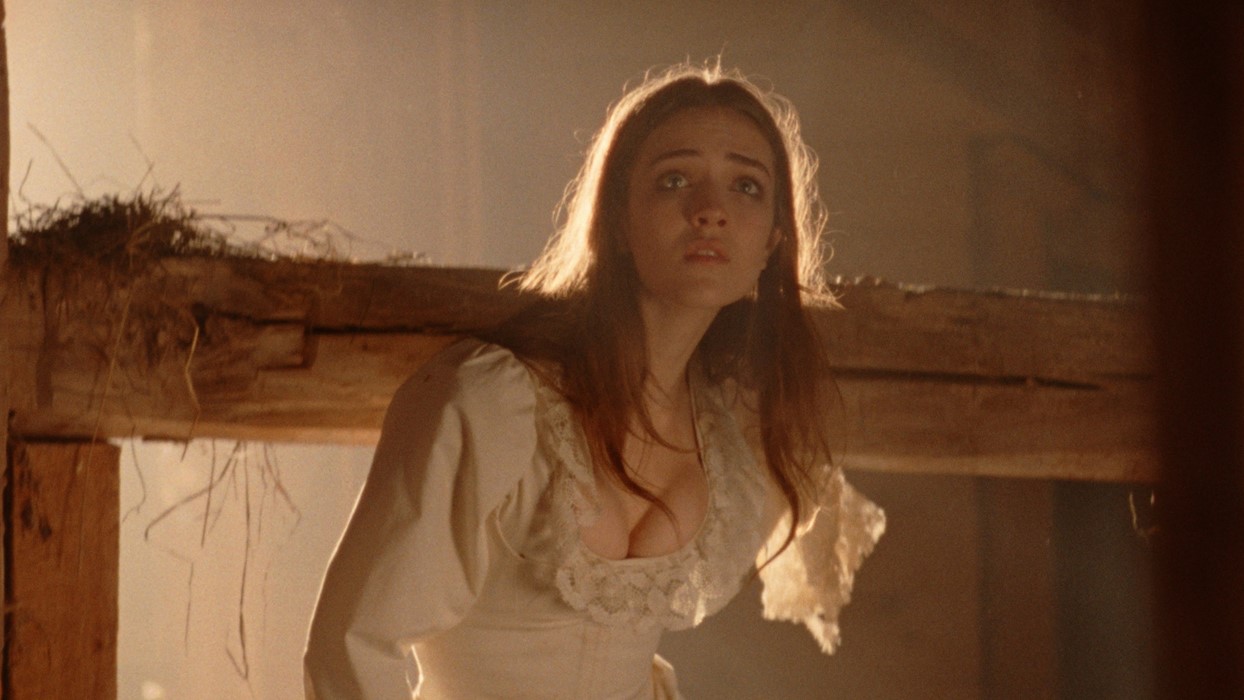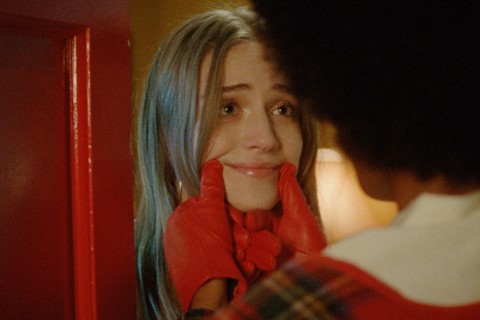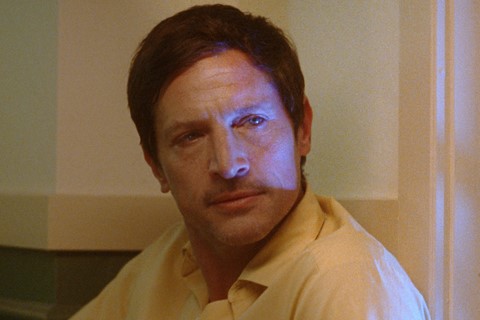As The Sweet East is released in the UK, Sean Price Williams talks about directing for the first time, crafting a patriotic portrait of America, and the importance of independent cinema
Sean Price Williams is a prolific cinematographer. With 112 IMDb credits to his name, he is the visual architect behind the frenetic, neon-soaked world of the Safdie brothers’ New York-set dramas Heaven Knows What and Good Time, Alex Ross Perry’s angst-ridden sagas Queen of Earth and Her Smell (see Elisabeth Moss doing what she does best – having a meltdown), Ronald Bronstein’s cult classic Frownland, and Owen Kline’s quirky, A24-produced debut Funny Pages (he’s also shot music videos for A$AP Rocky, Brockhampton, and Oneohtrix Point Never).
Lauded for his intimate, tightly cropped close-ups captured on 16mm film, his painterly eye for colour (neon in particular), nighttime scenes, and his consistently interesting collaborations – Richard Brody of The New Yorker once wrote that he is “the cinematographer for many of the best and most significant independent films of the past decade, fiction and documentary” – Williams’ name betrays a level of artistic clout that most cinematographers can only dream of.
Now, he has tried his hand at directing with The Sweet East, a picaresque film about one young woman’s descent into the underbelly of American subculture. Our heroine is Lillian (a wide-eyed, mesmerising Talia Ryder), a teenage runaway who begins the film on a drab high school trip to Washington, DC, and ends it having encountered a rotating cast of eccentric characters that represent the deepest and darkest depths of contemporary America; along the way, she meets neo-nazis, punks, far-right intellectuals, neurotic filmmakers, famous actors, armed conspiracy theorists, a cocaine-snorting monster, and more.
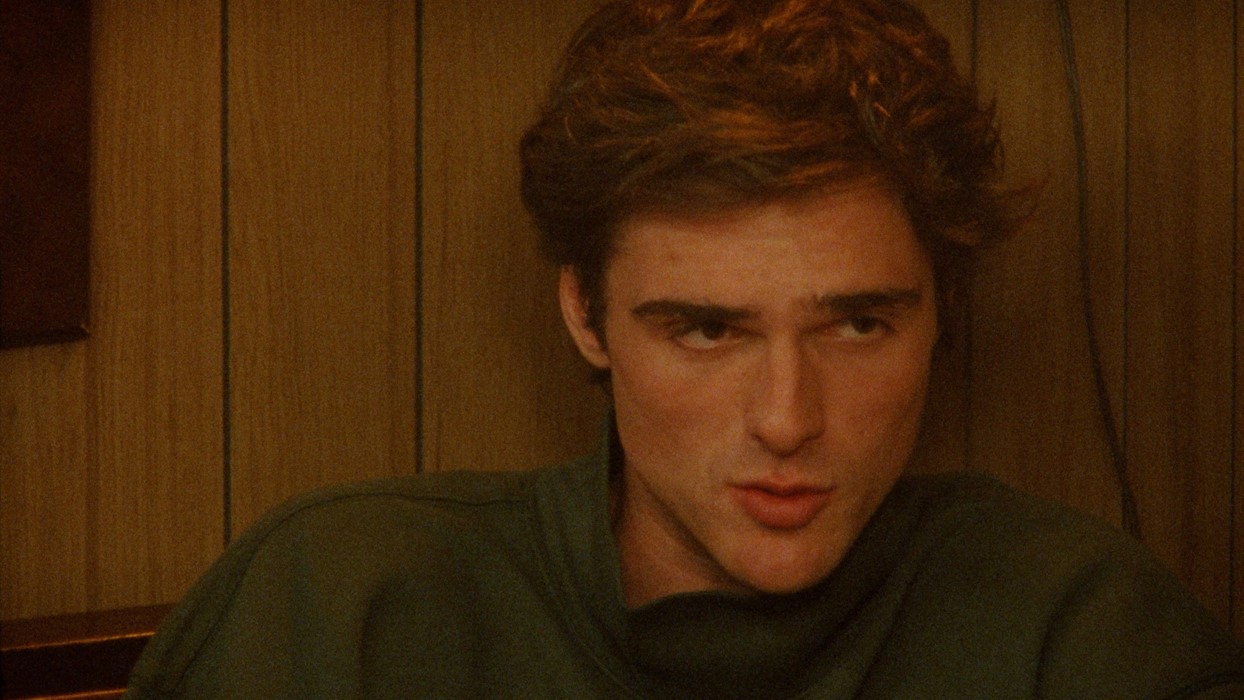
Fizzing with bizarre, chaotic energy – and indefinable and enjoyable in equal measure – The Sweet East reads as a contemporary take on Alice in Wonderland, and is as much about coming of age in America as it is about coming of age as a woman in the world; men are utterly transfixed by Lillian’s beauty, and she learns to use this to her advantage for bed and board (see: a hilarious turn from Simon Rex as Lawrence, a lusty, buttoned-up intellectual trying to resist having sex with Lillian).
Thanks to the more famous members of its extensive cast (Jacob Elordi, Jeremy O Harris, Ayo Edebiri, Earl Cave, Rex) and cameos from if-you-know-you-know downtown New York names like brother-and-sister duo Peter Vack and Betsey Brown, and model Tess McMillan, The Sweet East is one of the buzziest independent films to be released in recent memory. “I wish that Jacob would’ve done some publicity for the film, but whatever,” laughs Williams, speaking over the phone from a shoot in Naples. “He’s busy now …”
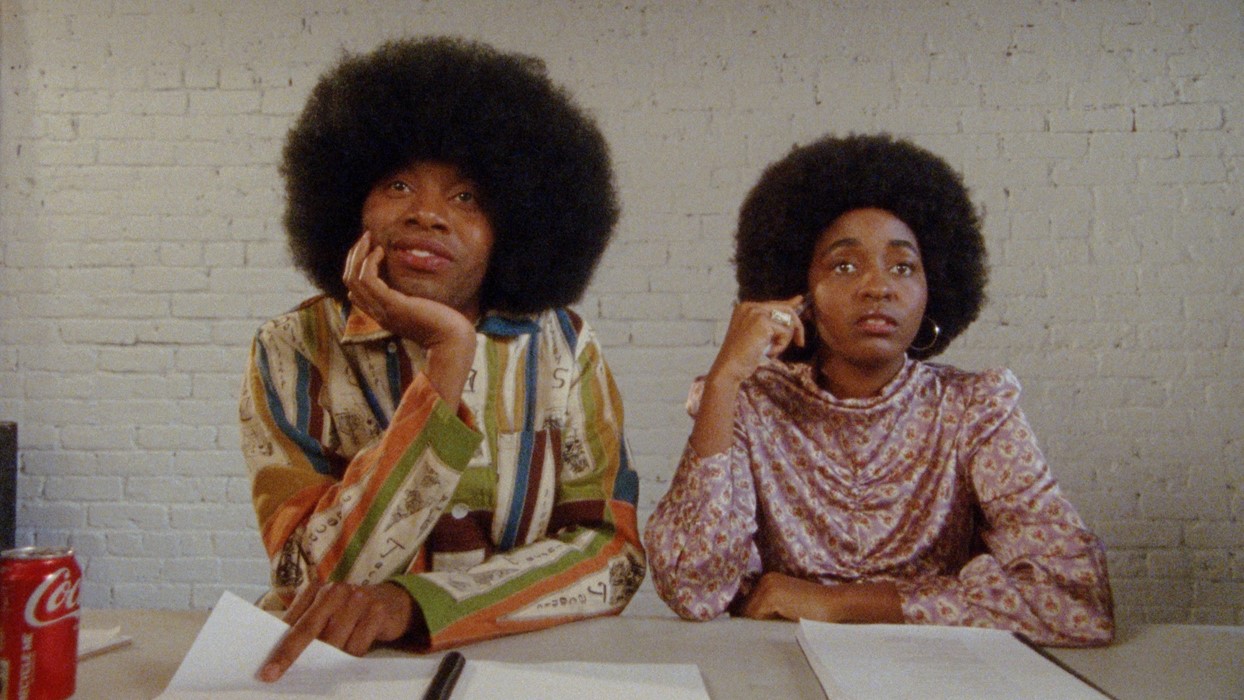
Dreamed up by Williams and his friend Nick Pinkerton, a film critic who wrote the script, The Sweet East was clearly very fun to make; the actors’ sheer pleasure in the absurd neuroses and speech patterns of their characters is obvious. “I wasn’t casting anybody based on the work they’ve done,” explains Williams, who struggles to keep up with watching new movies. “It was just about how much I liked the actors – I was protecting myself from heavy egos. I was trying to prove something to myself, about how we can make a movie an enjoyable experience because I’ve worked on a lot of movies that weren’t that happy.”
Obsessed with cinema from a young age, Williams always wanted to direct. “I started watching foreign films on television late at night and I fell in love with all the European movie star girls,” he says. “That’s when I decided I really wanted to be a filmmaker, an artist.” After dropping out of school in Delaware – “very rural, not a lot going on” – he moved to New York and worked as a clerk at the legendary film store Kim’s Video and Music in the East Village, where he acquired an encyclopedic knowledge of cinema. After getting fired – he still doesn’t know why – Williams came up with a list of 1,000 of his favourite movies, which has just been published as a book by Metrograph, the iconic art-house cinema in New York’s Dimes Square.
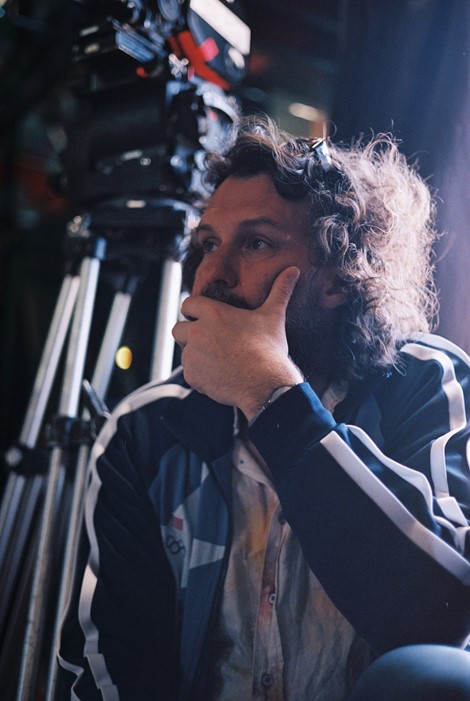
In his lifetime, Williams estimates that he’s seen over 10,000 movies – a comprehensive knowledge which bleeds into the scattershot, knowingly referential energy of The Sweet East (he names Haskell Wexler’s Medium Cool and Terry Southern’s Candy as specific influences). Of his cinematic heroes, he namechecks Gaspar Noé, Paul Thomas Anderson, Alain Guiraudie and Claire Denis – “she’s hit and miss lately” – as being “huge” for him in his adult life. He is optimistic about the future of independent cinema, despite people being ”beat over the head with the content that’s pushed on them” – although his personal preference is for old movies. ”If I have a couple hours, I’m gonna see something older,” he says. ”I don’t want to see anything that I could go down to the street and see in real life. I just want to see people that are dead or places that don’t exist anymore.”
Perhaps this is why The Sweet East feels both timely and timeless; Lillian loses her phone at the beginning of the film (Williams says this makes her more “fearless”), Regency period costumes worn by Ryder and Elordi help blur time, and Trump is never named, although his shadow hangs over the film. The Sweet East has been widely received as a critique of American politics, but Williams is ambiguous. “Nick [Pinkerton] and I are kind of patriotic, actually. We’re proud of all the foolishness,” he says. “So it’s critical, but it’s also a little bit of a celebration ... That’s dangerous to say. You know, the imagination of the conspiracy theorists is something to sort of marvel at a little bit, but also be afraid of. I’m not on the internet, so I don’t really see the damage.”
Amongst plans to shoot Kristen Stewart’s directorial debut this summer, The Chronology of Water, adapted from Lidia Yuknavitch’s 2011 memoir of the same name, Williams hopes to make another film with Pinkerton called King Size that he boldly claims will be “the most important film about men and women and power today”. It will however need to be written carefully, because “a couple of middle-aged guys making a movie about a teenage girl is risky, but this next one’s even riskier,” he says. Does he plan to continue working as a cinematographer, or move exclusively into directing following the success of The Sweet East? “I don’t know,” says Williams. “I bitch about it a lot, but being a cinematographer is such a great job. I take it for granted … I don’t think I’m gonna give up on it.”
The Sweet East is out in UK cinemas now.
